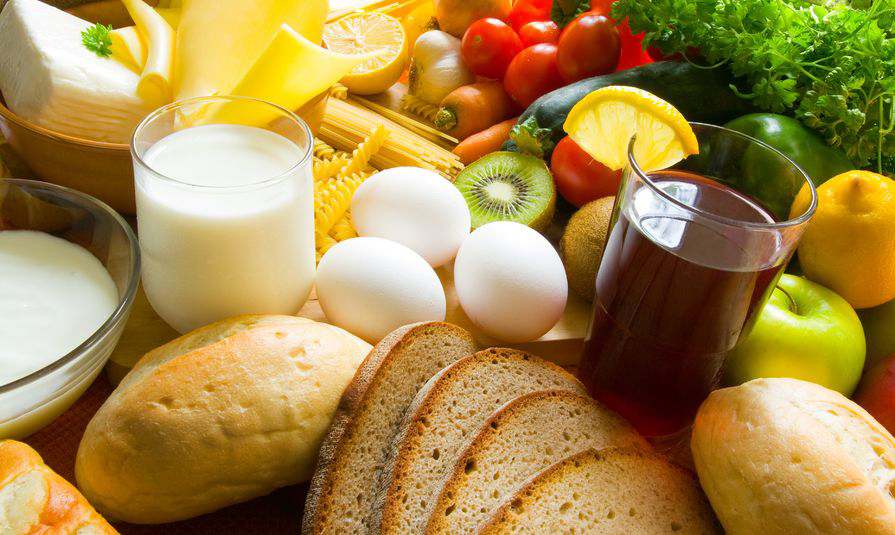
Understanding healthy eating has become a huge challenge in our society. Our ancestors living thousands of years ago did not have this challenge. They ate what grew and what they could catch. Before the advent of agriculture, people ate what was naturally supplied.
While I have been studying nutrition for 50 years, I am not an expert, since I am not a scientist and have not done my own research. What I share with you comes from my personal experience with my children and grandchildren.
Rather than laying out a specific way of eating, I am going to write about what I have learned about what NOT to eat.
Below is a partial list of things not to feed your children:
- Sugar
- Corn syrup
- Glucose syrup
- Wheat syrup
- Rice syrup
- Potato starch
- Modified food starch
- White foods – white bread, white rice, rice milk, white pastas, white wheat flour
- Processed grains
- French fries
- Sodas
- Trans-fats
- Vegetable oils other than coconut and olive oil
- Preservatives and food colorings – or anything that you can’t pronounce!
You might not think you are feeding your children many of these, but if you look at the labels, you will find many of these non-foods in packaged and refined products. In fact, most refined foods will contain one or more of these items.
For your children to be healthy, they have to be eating foods that are nutrient-dense. Not only do none of the above items have substantial nutrient value, they rob the body of nutrients, creating the weight and health problems that are endemic to our society.
What are the nutrient-dense foods? The most nutrient-dense foods are organically grown vegetables. Next are fruits, followed by beans, legumes, whole grains, nuts and seeds – in moderation. If you are not vegetarian, you can obtain highly nutritious forms of animal protein in organically fed grass-finished beef and lamb (grain-finishing beef and lamb changes the composition of the fat and causes many health problems), free-range organic poultry, and organic free-range eggs. Mercury-free fish is very healthy, as the oil provides important omega-3s.
Regarding dairy products: pasteurization kills the enzymes in dairy foods and can cause problems such as asthma and allergies. Pasteurization also causes milk and other dairy products to become difficult to digest – also contributing to illness. Unless you can get very clean, raw organic milk and cheese from grass-finished cows, it is better to avoid dairy. Due to the difficulties in absorption of pasteurized dairy, it is not a good source of calcium – despite what the dairy industry claims. My children were brought up on raw Alta-Dena dairy products (before they were put out of business by the factory farms) and did very well on them.
The right kinds of fats are also important. Coconut oil, butter and ghee are the best to cook with and olive oil is the best in salad dressings.
It’s vitally important to make sure that your child eats some fermented foods daily, such as yogurt, kefir, sauerkraut and other fermented vegetables. Central to good health is keeping the intestinal balance healthy, and this occurs through not eating processed foods and including fermented foods. The balance of the intestinal flora is easily destroyed by antibiotics and other medications, processed foods and chlorinated water, and this is the source of much illness.
How do you get your children to eat like this? The only way I know of, which is what I did when my three children were growing up, is to eat this way yourself. I chose not to have anything in the house that I didn’t want them to eat, so everything they ate at home was healthy. I never insisted that they eat. I just put the healthy food out and they ate as much or as little as they wanted.
If you want to be healthy and have healthy children, the very best thing to do is read as much as you can about healthy eating (I highly recommend “Gut and Psychology Syndrome” by Dr. Natasha Campbell McBride), and then decide for yourself what you want to do for your family.



